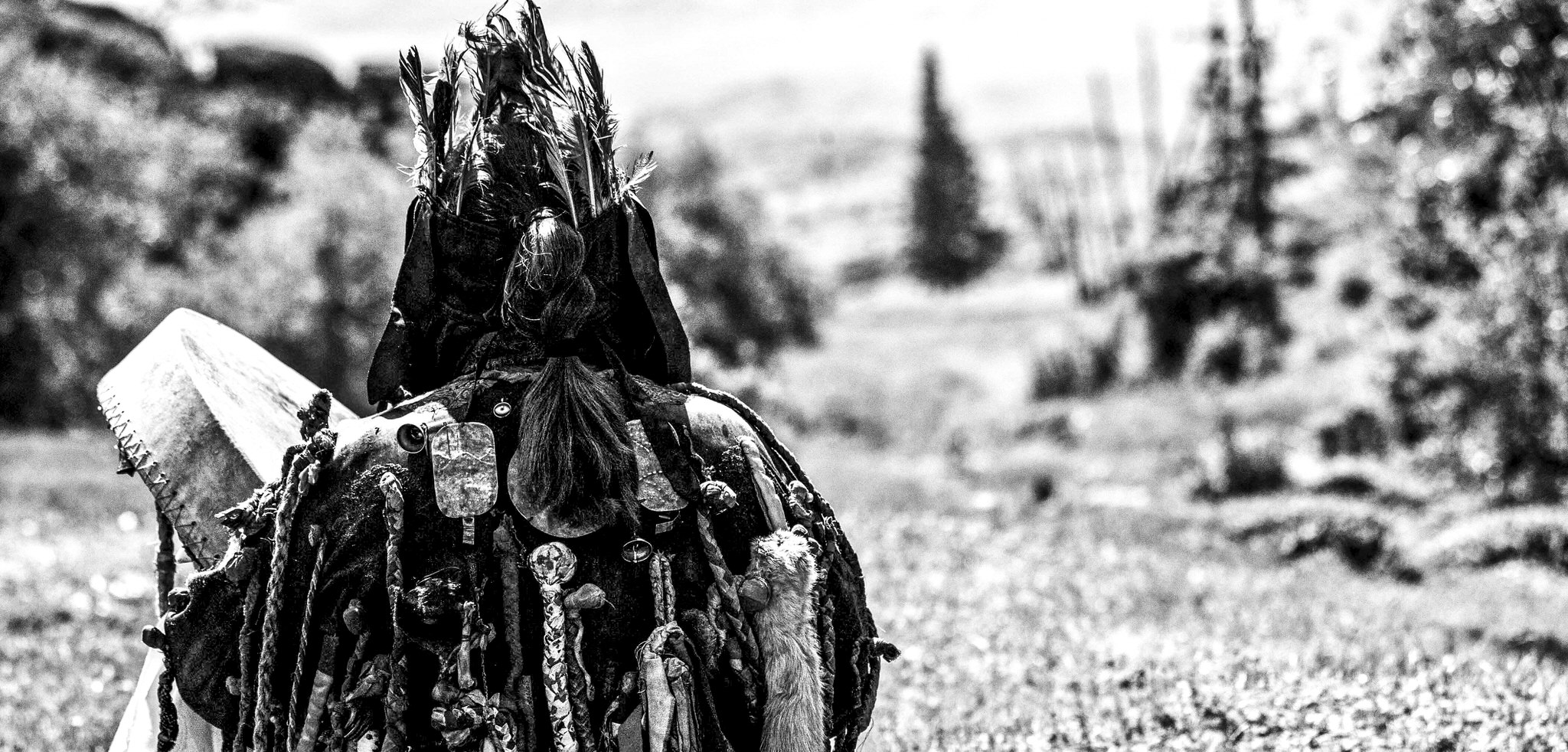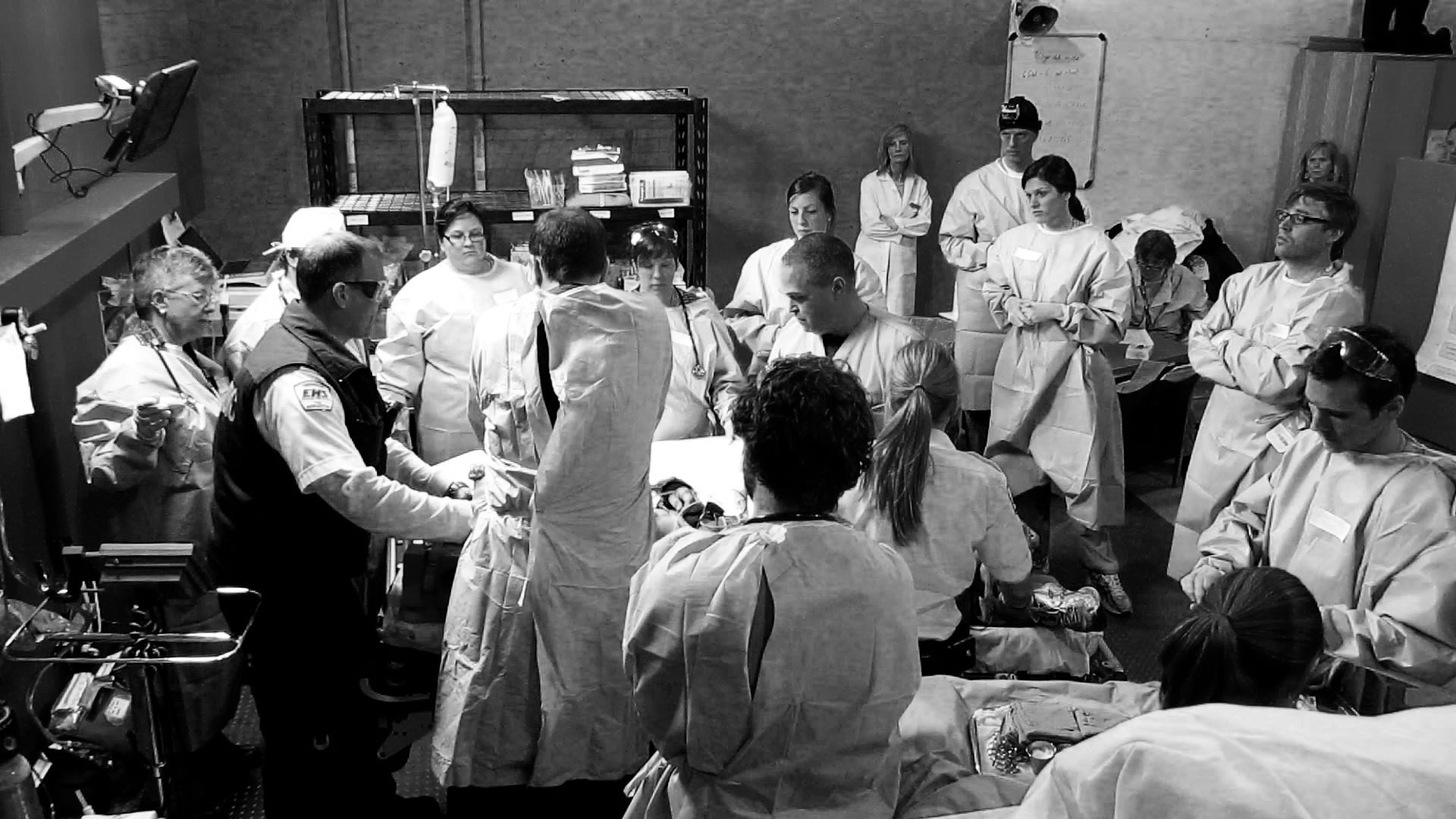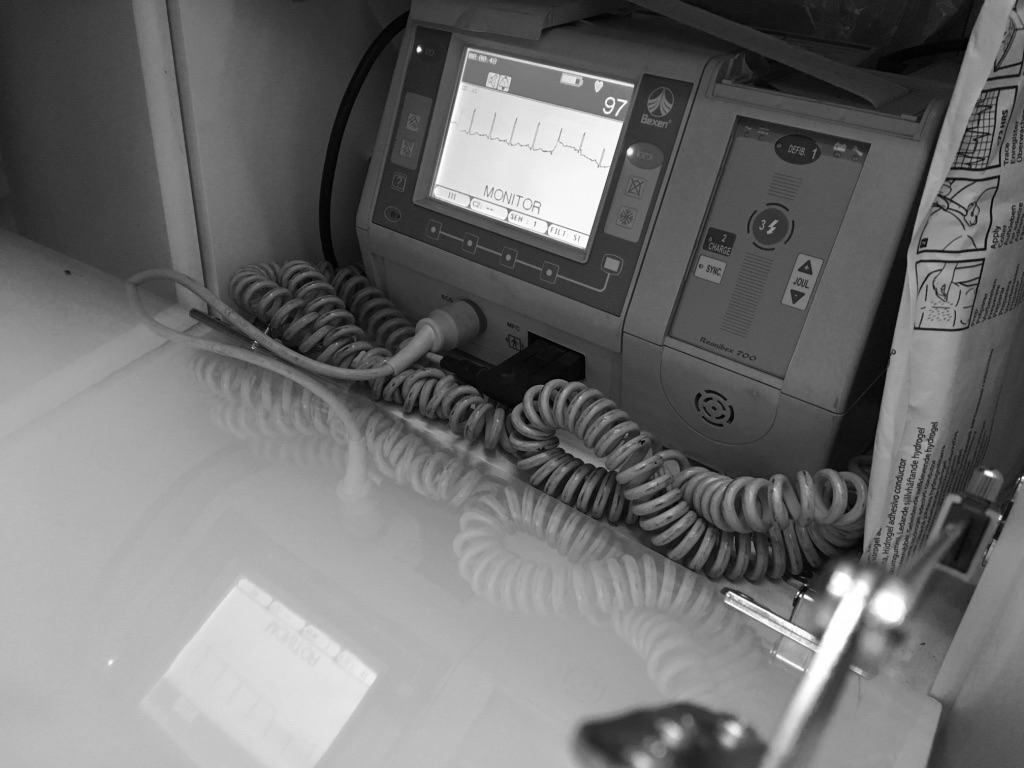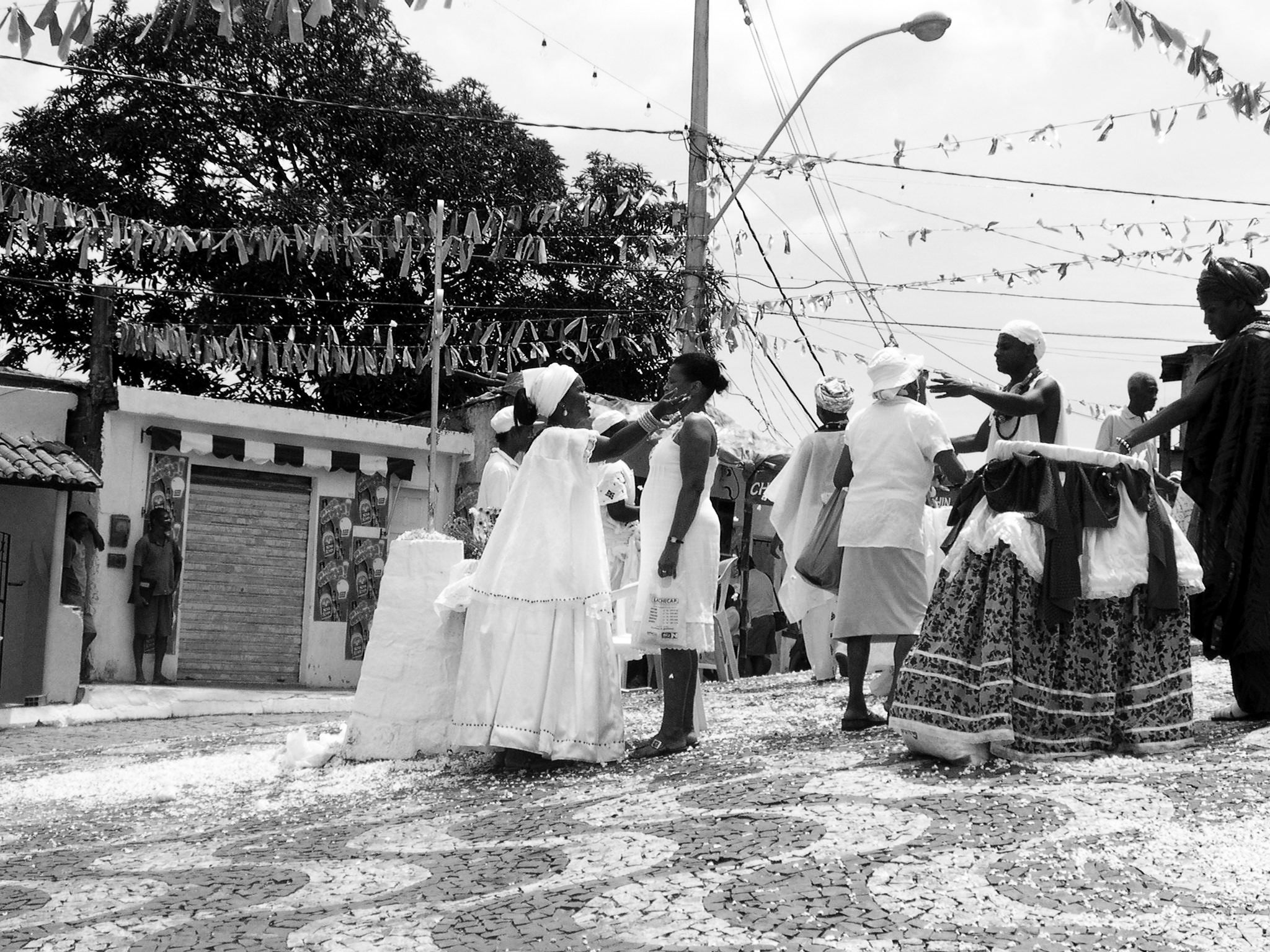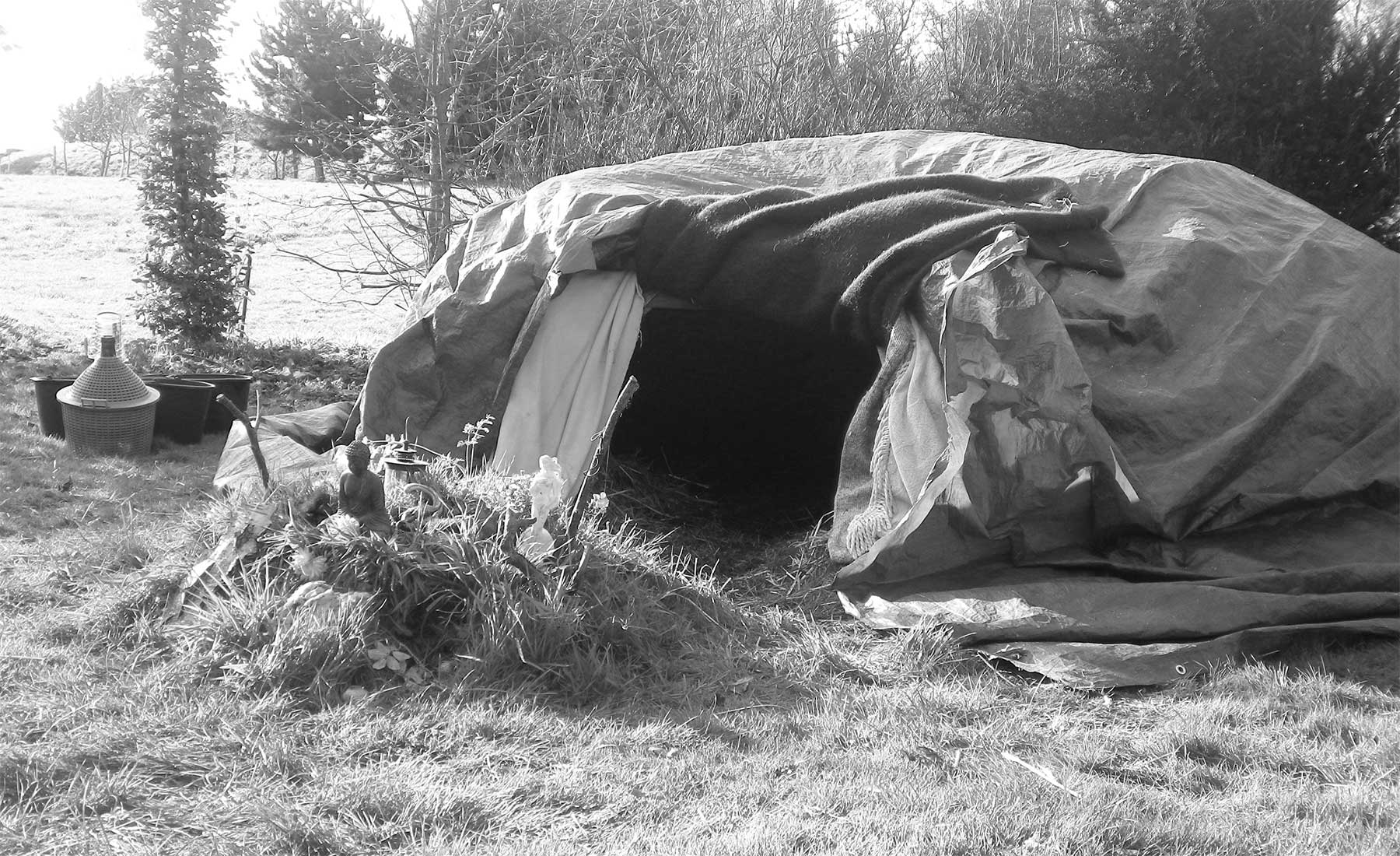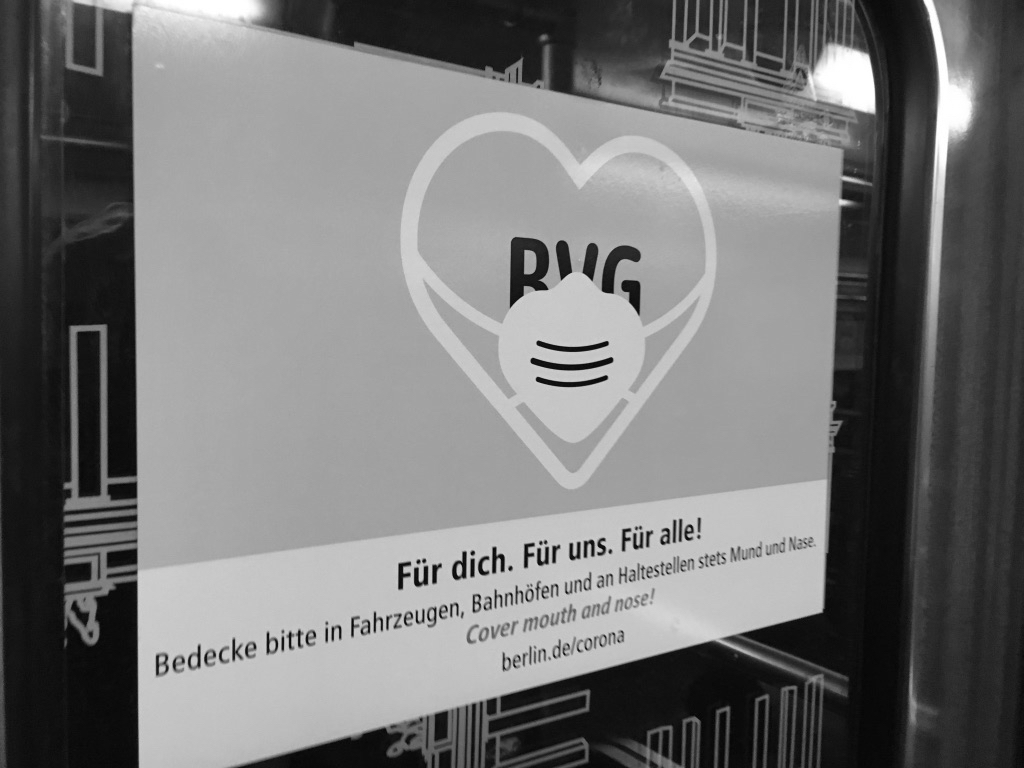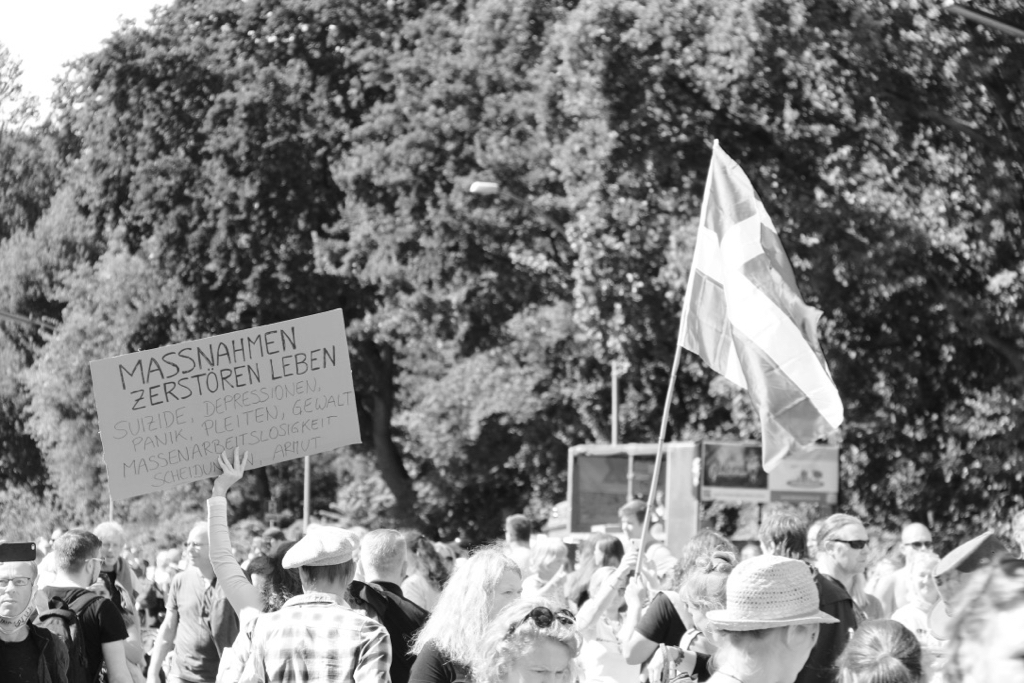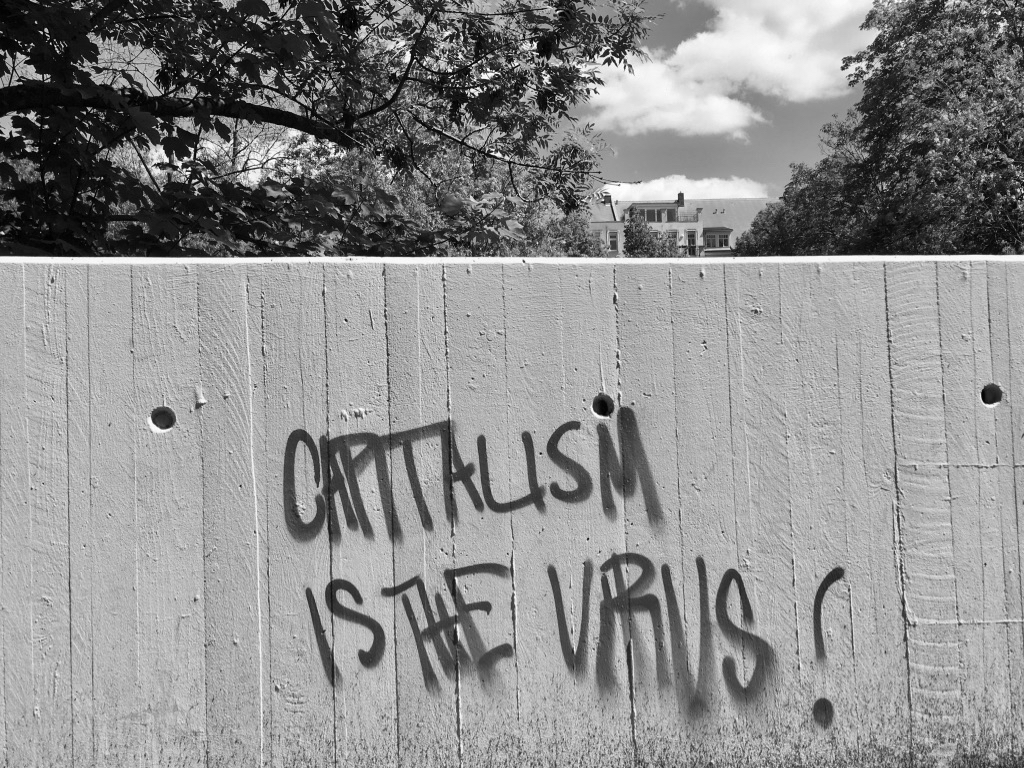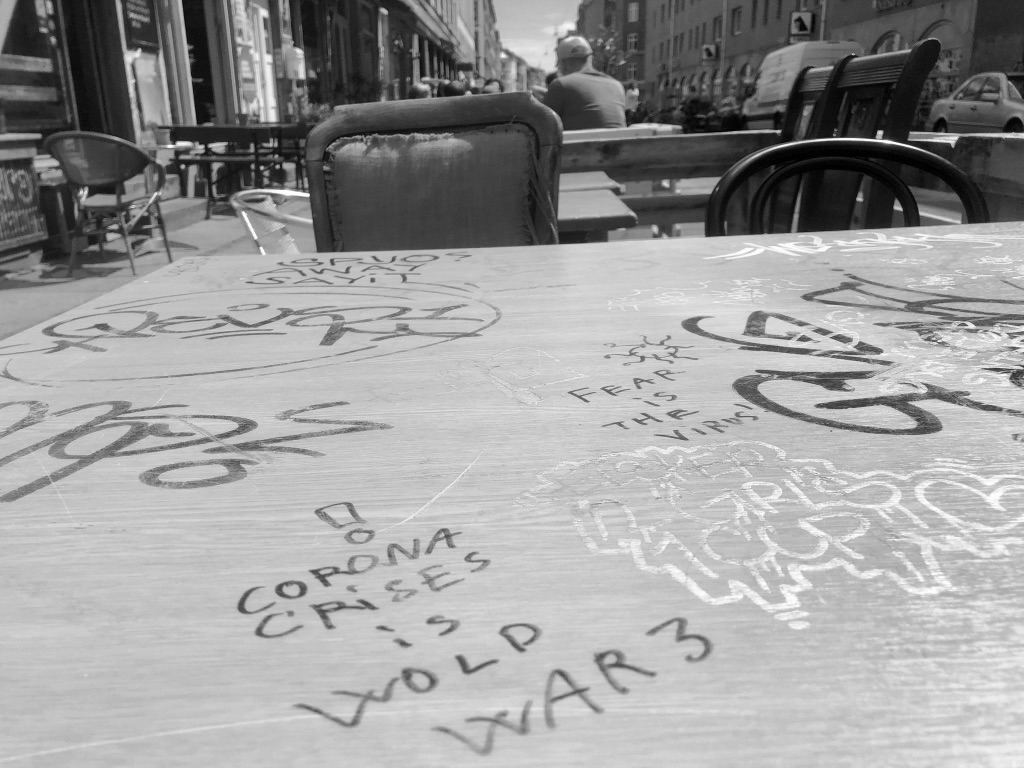AGEM
Willkommen bei der Arbeitsgemeinschaft Ethnologie und Medizin (AGEM)
Die AGEM ist ein 1970 gegründeter gemeinnütziger Verein mit dem Ziel, die Zusammenarbeit zwischen der Medizin, den angrenzenden Naturwissenschaften und den Kultur‑, Geistes- und Sozialwissenschaften zu fördern und dadurch das Studium des interdisziplinären Arbeitsfelds Ethnologie und Medizin zu intensivieren.
Was wir tun
- Herausgabe der Zeitschrift Curare
- Durchführung von Tagungen
- Dokumentation von Literatur und Informationen
Curare
Zeitschrift für Medizinethnologie
Veranstaltungen
Ethnographies of expert knowledges in mental health, neurodivergence, and disability
Panel
CfP for a Conference on Ethnography and Qualitative Research in Trento (Italy)
CfP „Ethnographies of expert knowledges in mental health, neurodivergence, and disability”
10th International Conference on Ethnography and Qualitative Research Trento, Italy
July 10 to 12, 2025
Deadline: 20 January
„Ethnographies of expert knowledges in mental health, neurodivergence, and disability”
Nowadays, there has been a «discursive explosion» surrounding mental health, disability, and neurodivergence resulting in a wide array of heterogeneous narratives and representations in public and academic debates. Particularly on digital platforms, we witness a rise in content focused on «positivity» and the reversal of stigma. These can certainly be seen as an incursion into the political sphere by mad/crip activism; however, it is important to recognize how (part of) these discourses could be absorbed into a neoliberal framework. In a context of performative and extractivist logic, mad/crip/neurodivergent positivity risks becoming yet another tool that decrees the «salvation» of those with the resources to fit into the framework of «diversity» valorisation, while leading to processes of «monstrification» towards those who deviate from this construction of subjectivity.
Central in operating this differentiation is the role of expert knowledge. Although mental health, disability, and neurodivergence remain still framed within a predominantly biomedical paradigm, a range of technical figures are intervening in the construction of categories and the «take charge of users». An archipelago of expert knowledges – social workers, legal actors, tutors, educational services, (former) patients who take on roles as «expert users», NGO volunteers – thus intervene in identity and relational constructions, defining life trajectories, producing spaces and services that inherently navigate the constitutive ambiguity between care and control, treatment and neglect. Among these are the social sciences, both in their production of knowledge and in providing tools for social care practices. They contribute to defining, identifying, classifying, and quantifying the users, positioning them within the grids of «deserving/appropriate» vs «irrecoverable» patient, «rehabilitable» vs excluded.
The current configuration, resulting from the dismantling of national social protection systems in the wake of austerity policies and the shift of responsibility to the private sector, represents only the latest phase in a long-standing process of differential inclusion and exclusion, deeply embedded in the very structure of social welfare and the State itself.
Ethnographic practice highlights power structures, fostering critical reflection on the role of social work and expert knowledges. This approach challenges established institutions and models while also situating the processes surrounding care and treatment within relationships, contexts, and everyday tactics.
We invite contributions that address mental health, disability, and neurodivergence, within and beyond the care/control binary. We ask what is the role of «expert knowledges» – considered in their singularity or intersections – in the construction of subjectivities, in the production of vulnerability, and in the processes of distinction and fragmentation of the user base; and how practices of subtraction or resistance to such devices configure.
Open questions
– What processes shape the construction of meaning around the categories of vulnerability and fragility (across disability, neurodivergence, and mental health), and how do these categories influence social work in taking charge and managing users?
– How can an ethnographic critique of concepts such as paternalism and pietism in social welfare be framed, starting from practices of care, control, neglect, and treatment?
– How do practices of distinction within social services (broadly defined) emerge between the «deserving» user and the «problematic» user, and how do these distinctions—simultaneously practical, organizational, and moral—affect the balance between care and control?
– How does the relationship between families, public services, and caregivers configure the everyday dynamics of care and control within a context of poly-crisis and dismantling the welfare state? How do the «third sector», humanitarian organizations, and volunteering intersect
in this relationship?
– How do mad/crip/neurodivergent subjectivation processes unfold, both within and beyond medicalization and the framing of service users?
– What impact do social inequalities—based on structural axes of class, race, gender, sexualities, and others—have on the rationale of social services? How do these processes influence street-level bureaucracy practices, and how do they shape subjectivation within these systems?
– What forms of withdrawal and detachment from the controlling dimensions of social and clinical work exist, and what possibilities do they open up?
– What are the processes of spatialization of disability/neurodivergence/mental health, and how do they relate to social and clinical work? What are the geographies of these processes, and what do they add to our understanding?
Ethnographies of expert knowledges in mental health, neurodivergence, and disability
Panel
CfP for an international conference
Call for papers for „Ethnographies of expert knowledges in mental health, neurodivergence, and disability”
10th International Conference on Ethnography and Qualitative Research
July 10 to 12, 2025
Deadline January 25th
33. Ethnographies of expert knowledges in mental health, neurodivergence, and disability.
Nowadays, there has been a «discursive explosion» surrounding mental health, disability, and neurodivergence resulting in a wide array of heterogeneous narratives and representations in public and academic debates. Particularly on digital platforms, we witness a rise in content focused on «positivity» and the reversal of stigma. These can certainly be seen as an incursion into the political sphere by mad/crip activism; however, it is important to recognize how (part of) these discourses could be absorbed into a neoliberal framework. In a context of performative and extractivist logic, mad/crip/neurodivergent positivity risks becoming yet another tool that decrees the «salvation» of those with the resources to fit into the framework of «diversity» valorisation, while leading to processes of «monstrification» towards those who deviate from this construction of subjectivity.
Central in operating this differentiation is the role of expert knowledge. Although mental health, disability, and neurodivergence remain still framed within a predominantly biomedical paradigm, a range of technical figures are intervening in the construction of categories and the «take charge of users». An archipelago of expert knowledges – social workers, legal actors, tutors, educational services, (former) patients who take on roles as «expert users», NGO volunteers – thus intervene in identity and relational constructions, defining life trajectories, producing spaces and services that inherently navigate the constitutive ambiguity between care and control, treatment and neglect. Among these are the social sciences, both in their production of knowledge and in providing tools for social care practices. They contribute to defining, identifying, classifying, and quantifying the users, positioning them within the grids of «deserving/appropriate» vs «irrecoverable» patient, «rehabilitable» vs excluded.
The current configuration, resulting from the dismantling of national social protection systems in the wake of austerity policies and the shift of responsibility to the private sector, represents only the latest phase in a long-standing process of differential inclusion and exclusion, deeply embedded in the very structure of social welfare and the State itself.
Ethnographic practice highlights power structures, fostering critical reflection on the role of social work and expert knowledges. This approach challenges established institutions and models while also situating the processes surrounding care and treatment within relationships, contexts, and everyday tactics.
We invite contributions that address mental health, disability, and neurodivergence, within and beyond the care/control binary. We ask what is the role of «expert knowledges» – considered in their singularity or intersections – in the construction of subjectivities, in the production of vulnerability, and in the processes of distinction and fragmentation of the user base; and how practices of subtraction or resistance to such devices configure.
Open questions
What processes shape the construction of meaning around the categories of vulnerability and fragility (across disability, neurodivergence, and mental health), and how do these categories influence social work in taking charge and managing users?
How can an ethnographic critique of concepts such as paternalism and pietism in social welfare be framed, starting from practices of care, control, neglect, and treatment?
How do practices of distinction within social services (broadly defined) emerge between the «deserving» user and the «problematic» user, and how do these distinctions—simultaneously practical, organizational, and moral—affect the balance between care and control?
How does the relationship between families, public services, and caregivers configure the everyday dynamics of care and control within a context of poly-crisis and dismantling the welfare state? How do the «third sector», humanitarian organizations, and volunteering intersect in this relationship?
How do mad/crip/neurodivergent subjectivation processes unfold, both within and beyond medicalization and the framing of service users?
What impact do social inequalities—based on structural axes of class, race, gender, sexualities, and others—have on the rationale of social services? How do these processes influence street-level bureaucracy practices, and how do they shape subjectivation within these systems?
What forms of withdrawal and detachment from the controlling dimensions of social and clinical work exist, and what possibilities do they open up?
What are the processes of spatialization of disability/neurodivergence/mental health, and how do they relate to social and clinical work? What are the geographies of these processes, and what do they add to our understanding?
For any issues, don’t hesitate to contact the convenors at fabio.bertoni@ics.ulisboa.pt and luca.sterchele@unito.it.
Towards new alternatives in social care: Transitions in the domestic, institutional and community care scenarios
Panel
CfP for the 9th APA (Associação Portuguesa de Antropologia)
in-person panel P100 – Towards new alternatives in social care: Transitions in the domestic, institutional and community care scenarios
9th APA (Associação Portuguesa de Antropologia)
Castelo (Portugal)
14 to 18 July 2025
Abstracts are due by January 13, 2025
https://apa2025.eventqualia.net/pt/inicio/painéis/chamada-comunicações/
We invite submissions of papers in both Spanish and English that provide new insights on this topic.
Abstract:
Care practices have significant relations to people’s existence and social reproduction. Caregiving involves a complex interaction between stakeholders in various scenarios (domestic, institutional, and community-based). Indeed, care is provided through a changing constellation of resources across families, the State, the market and civil society, all of which comprise the institutional structure of social care. Similarly, care is structured not only by gender but also by age, class, and ethnic/national origin. The traditional care options have been between domestic care and residential facilities. Institutionalization in a residential care home is an option that is usually reserved for worsening situations of dependence. Ageing in one’s own home is an aspiration, but this often takes place in housing and neighborhoods that are not adapted to the needs of the ageing, accelerating their vulnerable processes. In addition, territorial disparities (urban-rural areas) also account for inequalities in the access of care.
Our panel is oriented towards identifying the elements that can give rise to alternative formulas for social care, which make it possible to shift the central role played by families and women, favoring the dignification of paid and unpaid care. To understand the experiences in new care environments that try to foster new forms of articulation between social agents and their care surroundings (cohousing, care ecosystems, communities, etc.). We are interested in contributions that, based on ethnographic work and theoretical reflection, analyze innovative formulas in the articulation of long-term care providers, identifying their scope and limitations when subverting territorial, social and gender inequalities.
